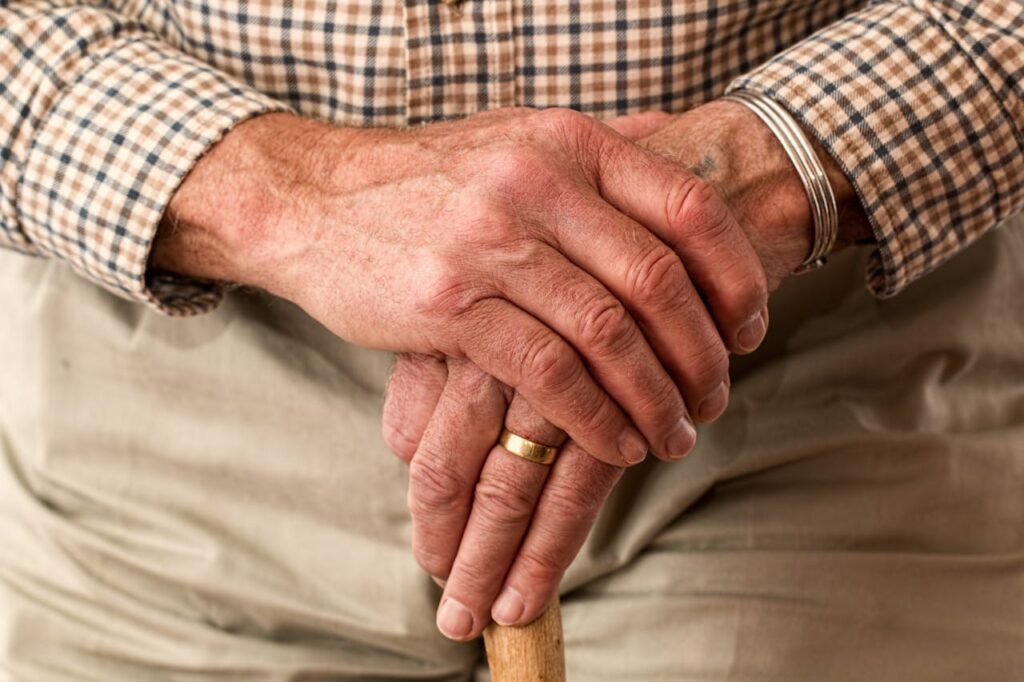Blog
Elder Neglect Legal Advice and Compensation Rights

Have you ever wondered what safeguards exist for our older population?
Elder neglect and abuse are pressing issues that demand urgent attention. With rising awareness and evolving legal frameworks, there is a substantial pathway for justice and compensation for elder abuse victims. Addressing these challenges not only protects the elderly but also ensures their dignity and well-being are preserved.
Understanding Elder Abuse and Neglect
Elder abuse encompasses various forms, including physical abuse, emotional abuse, and financial exploitation that harm seniors.
In understanding elder neglect, it is vital to recognize the intentional failure to provide necessary care, which causes significant distress, harm, or death among the elderly. This neglect can manifest in myriad ways, such as failing to provide medical care, food, or even basic hygiene, leading to severe consequences.
Neglect and abuse can also happen within institutional settings, with seniors facing mistreatment in places meant to protect them.
Comprehensively addressing elder abuse and neglect requires a multi-faceted approach, involving legal intervention, medical care, and social support systems. Enabling victims and their families to seek elder neglect legal advice is paramount in navigating the complexities of these cases. Through these efforts, society can ensure dignity, justice, and protection for its elder population.
How to Report Elder Neglect
To report elder neglect, individuals should immediately contact their local Adult Protective Services (APS) agency, which can intervene and provide the necessary support. Additionally, nationwide helplines such as the Eldercare Locator (1-800-677-1116) offer confidential assistance and guidance on how to proceed, including obtaining elder neglect legal advice, ensuring that seniors receive the protection and care they deserve.
Mandatory Reporting Requirements
In many jurisdictions, certain professionals are legally required to report suspected elder abuse and neglect.
Mandatory reporters include medical professionals, social workers, and law enforcement officers.
Mandatory reporting laws are designed to ensure swift intervention and protection for vulnerable elders, often making the failure to report a punishable offense.
Such requirements underscore the importance of vigilance among those in caregiving positions, ensuring timely detection and action against elder abuse.
Voluntary Reporting Procedures
Voluntary reporting is essential in detecting and preventing elder neglect when mandatory reporting laws do not apply.
- Identify the Signs: Recognize symptoms of elder neglect, including poor hygiene, malnutrition, or unexplained injuries.
- Collect Information: Gather as much information as possible about the elder’s condition and the environment.
- Contact Authorities: Call local Adult Protective Services (APS) or utilize nationwide helplines such as the Eldercare Locator (1-800-677-1116).
- Follow Up: Ensure proper follow-up with the reporting agency to confirm that the necessary actions are being implemented.
Voluntary reporters play a crucial role in safeguarding the well-being of elders who may not be able to advocate for themselves.
By taking proactive steps, concerned individuals can help initiate timely interventions, providing a safety net for those vulnerable to neglect.
What to Include in a Report
When reporting elder neglect, clarity, detail, and accuracy are paramount. Providing a comprehensive account will facilitate swift and effective interventions.
Begin by detailing the elder’s identifying information: full name, current address, and any known contact details.
Include specifics about the alleged neglect or abuse: nature, frequency, and observable signs (e.g., malnutrition, poor hygiene).
Document any additional relevant information, such as the context in which the neglect occurs and any known medical conditions.
Identify any individuals who may be responsible for the neglect, including their relationship to the elder and contact information.
Lastly, describe any immediate risks or urgent concerns that threaten the elder’s health or safety. Accurate reporting ensures that investigators can act promptly to protect the elder.
By following these guidelines, individuals can significantly enhance the effectiveness of their reports, aiding in the protection of those who may be at risk.
Helpline Information and Resources
For individuals facing elder neglect, multiple helplines and resources are available to provide guidance and support.
National elder abuse helplines operate 24/7 for immediate assistance and advice.
These helplines offer compassionate, confidential support, helping callers understand their legal options and connect with relevant services, including elder abuse compensation claims.
Local resources, including legal aid offices and elder protective services, can also be invaluable. They provide assistance in reporting abuse and navigating the complexities of elder neglect legal advice. By reaching out, individuals can take a significant step towards safeguarding their rights and well-being.
Hiring P&P Law Firm for Elder Neglect Cases
One cannot overstate the importance of hiring dedicated legal advice when addressing elder neglect. Professional legal guidance ensures that all avenues for justice and elder abuse compensation are thoroughly explored.
Specialized attorneys possess the expertise necessary to navigate the complexities of elder neglect cases. Their experience can make a pivotal difference in the outcome.
Elder neglect legal advice from a qualified professional enhances the effectiveness of any case by providing a clear understanding of senior neglect and law. This understanding empowers victims and their families.
For those seeking to secure their loved one’s rights, engaging with a skilled attorney is pivotal. It is advisable to research thoroughly, consult multiple legal experts, and choose someone with a track record of success in elder neglect cases. By doing so, they ensure the most robust representation possible.
Support Systems for Elderly Care
Numerous support systems exist to enhance the quality of life for the elderly. Recognizing these resources is paramount for ensuring comprehensive care.
These systems include social services, community support groups, and 24-hour helplines.
A variety of governmental and non-governmental organizations provide assistance aimed at elder care. These entities ensure that the elderly have access to healthcare, social interaction, and legal services.
Effective support systems not only protect against elder neglect but also promote physical and mental well-being. By staying informed and utilizing available resources, families and caregivers can significantly improve the lives of their elderly loved ones.
Free Case Review with P&P Law Firm
P&P Firm offers a complimentary case review, allowing you to discuss your concerns and receive initial advice without financial commitment.

